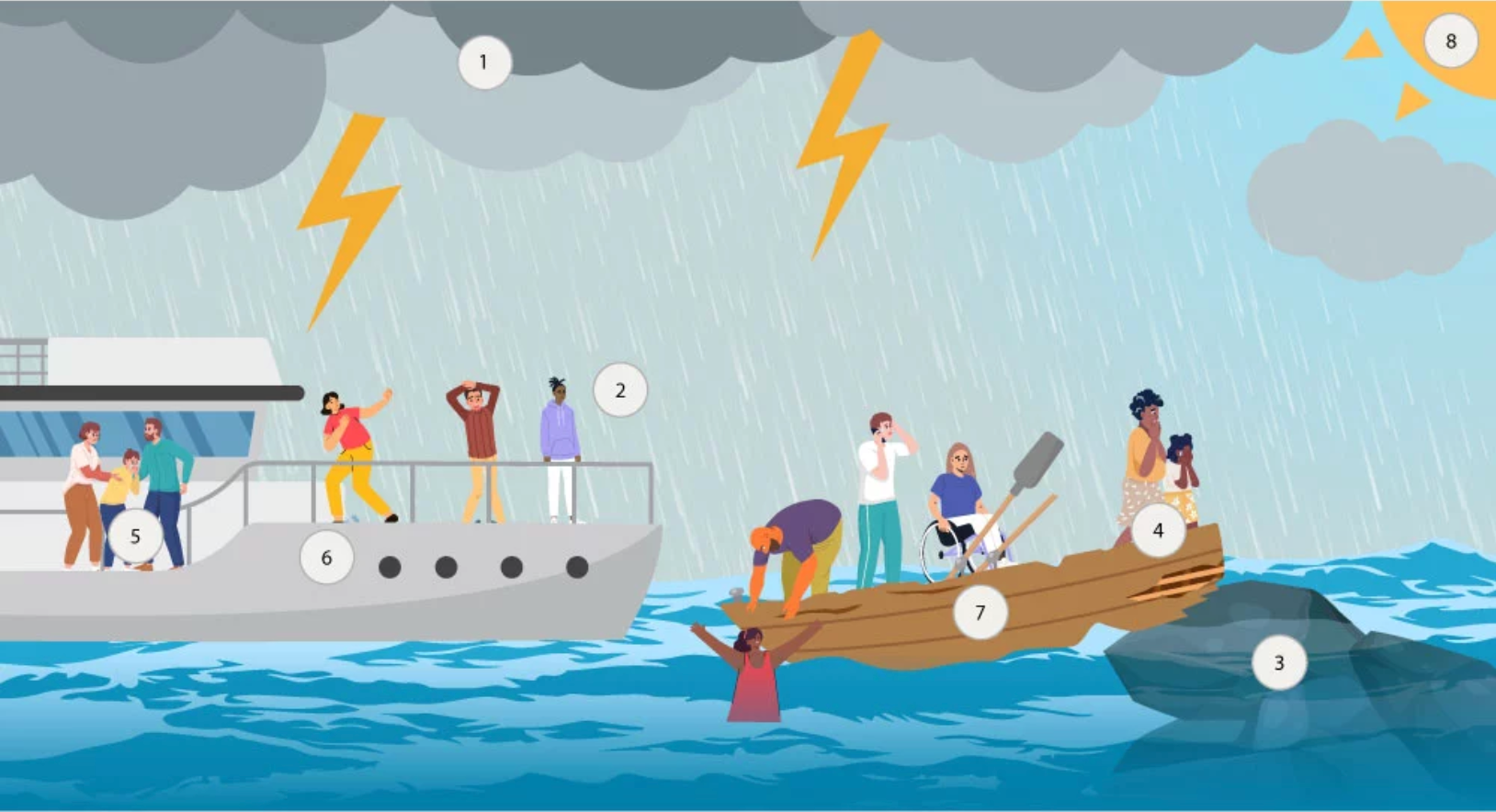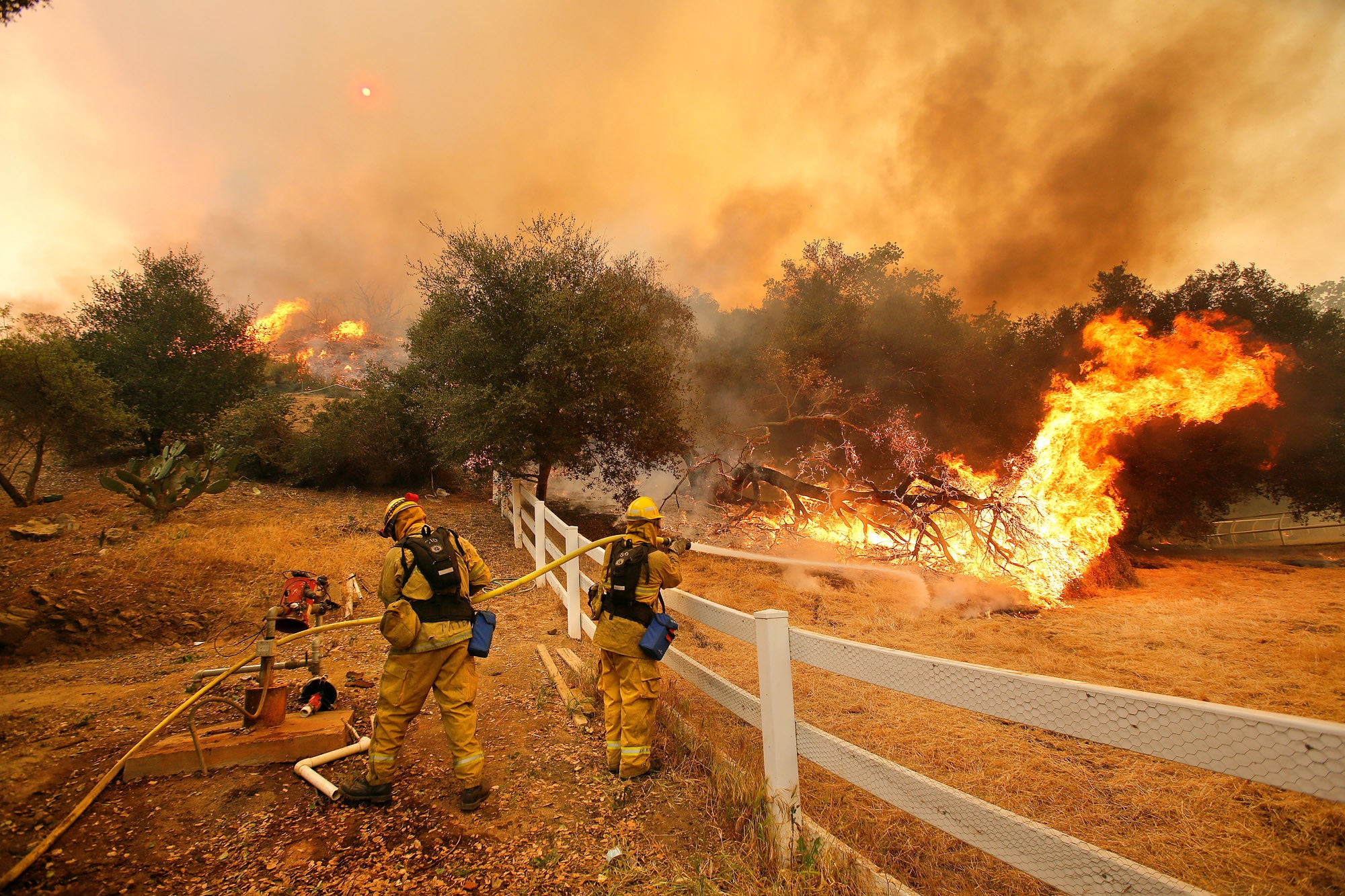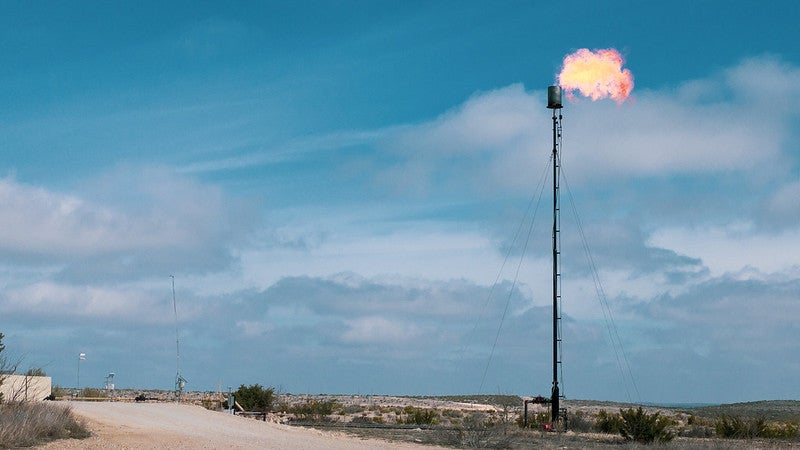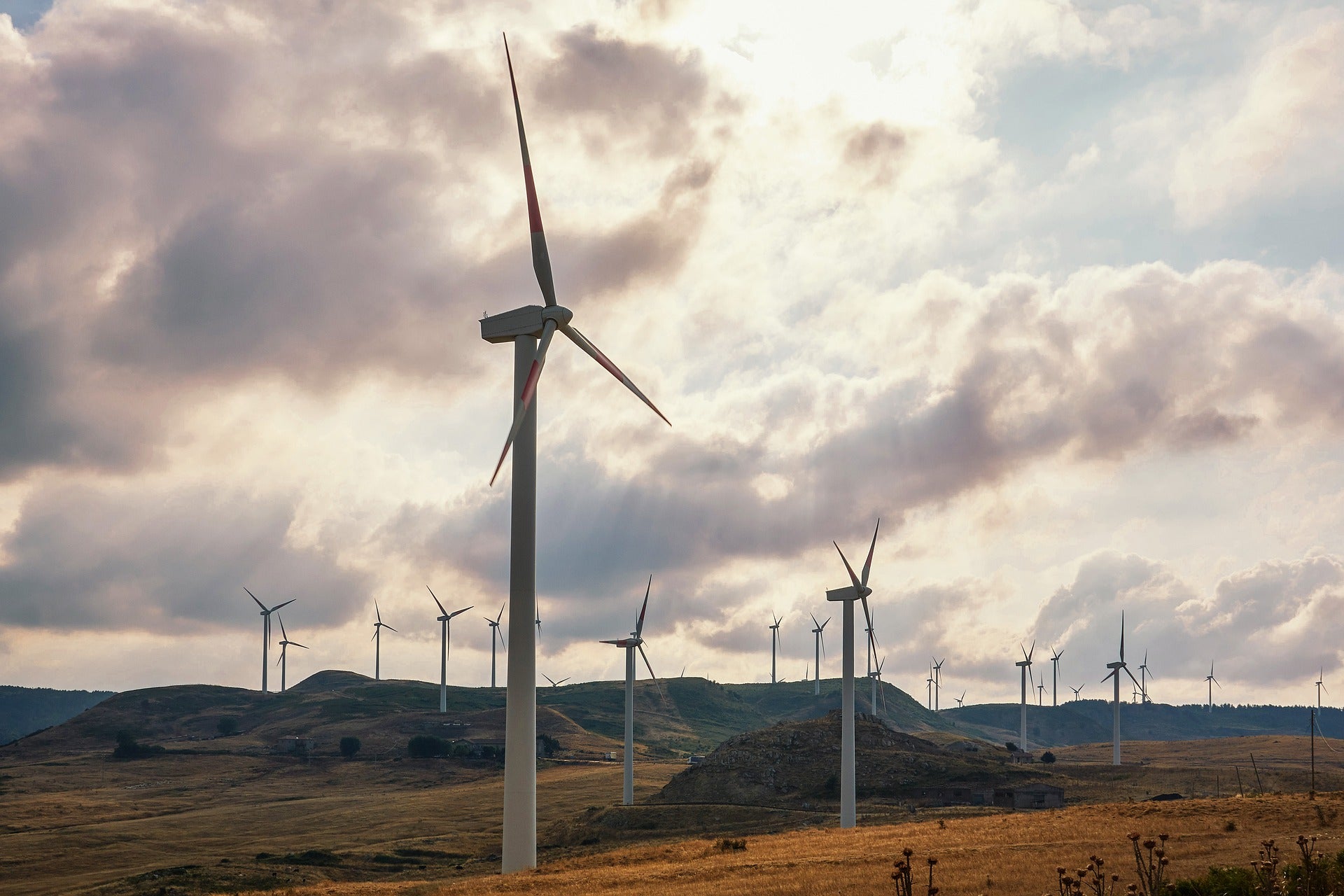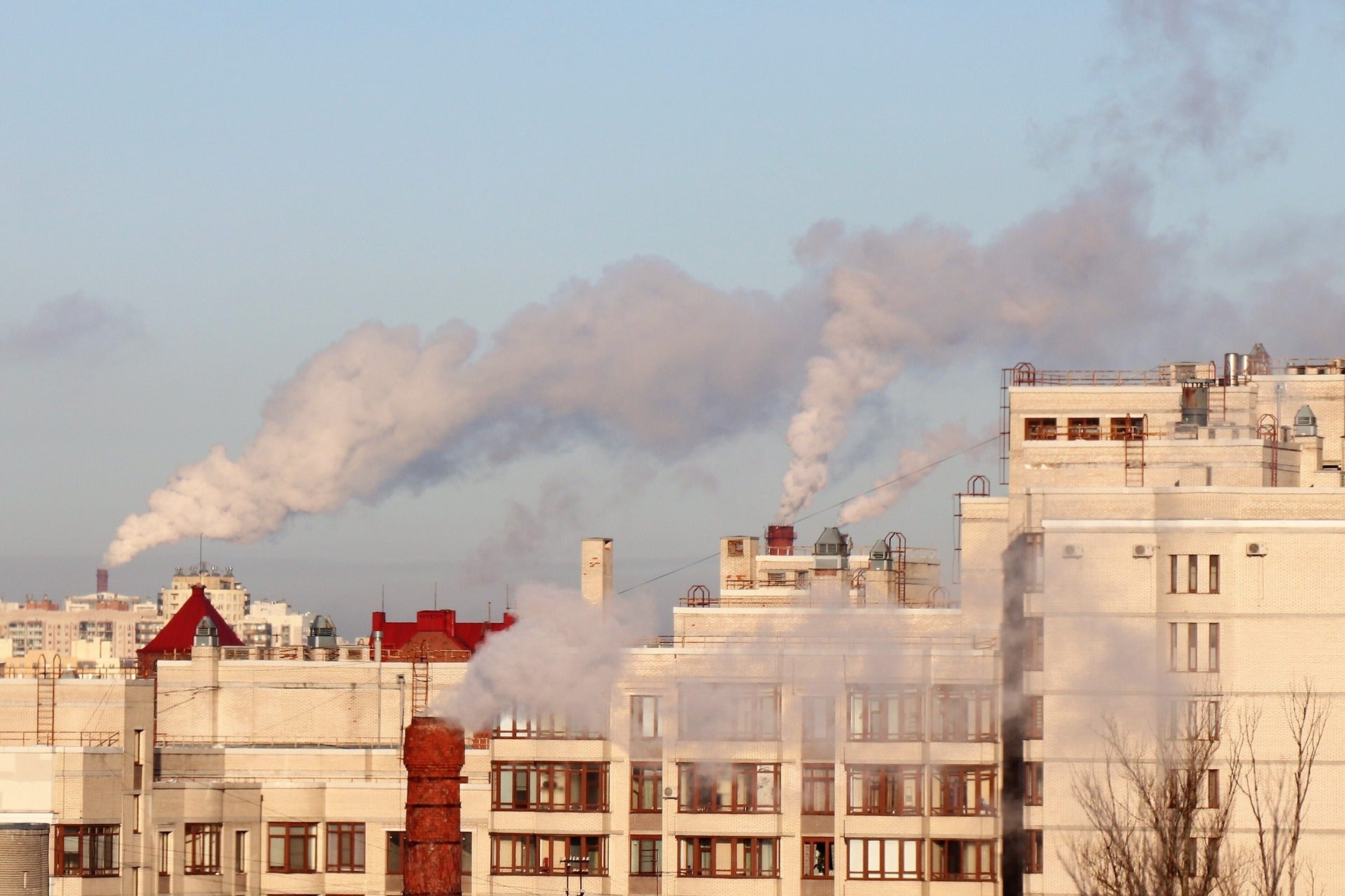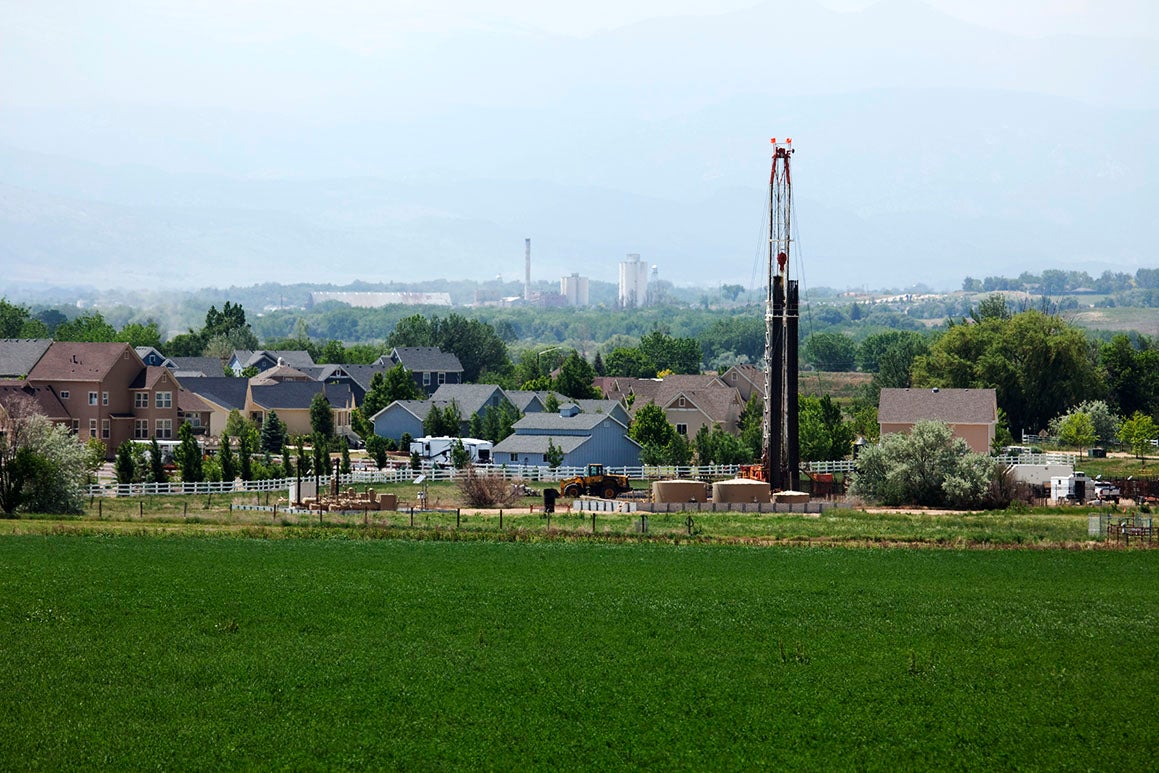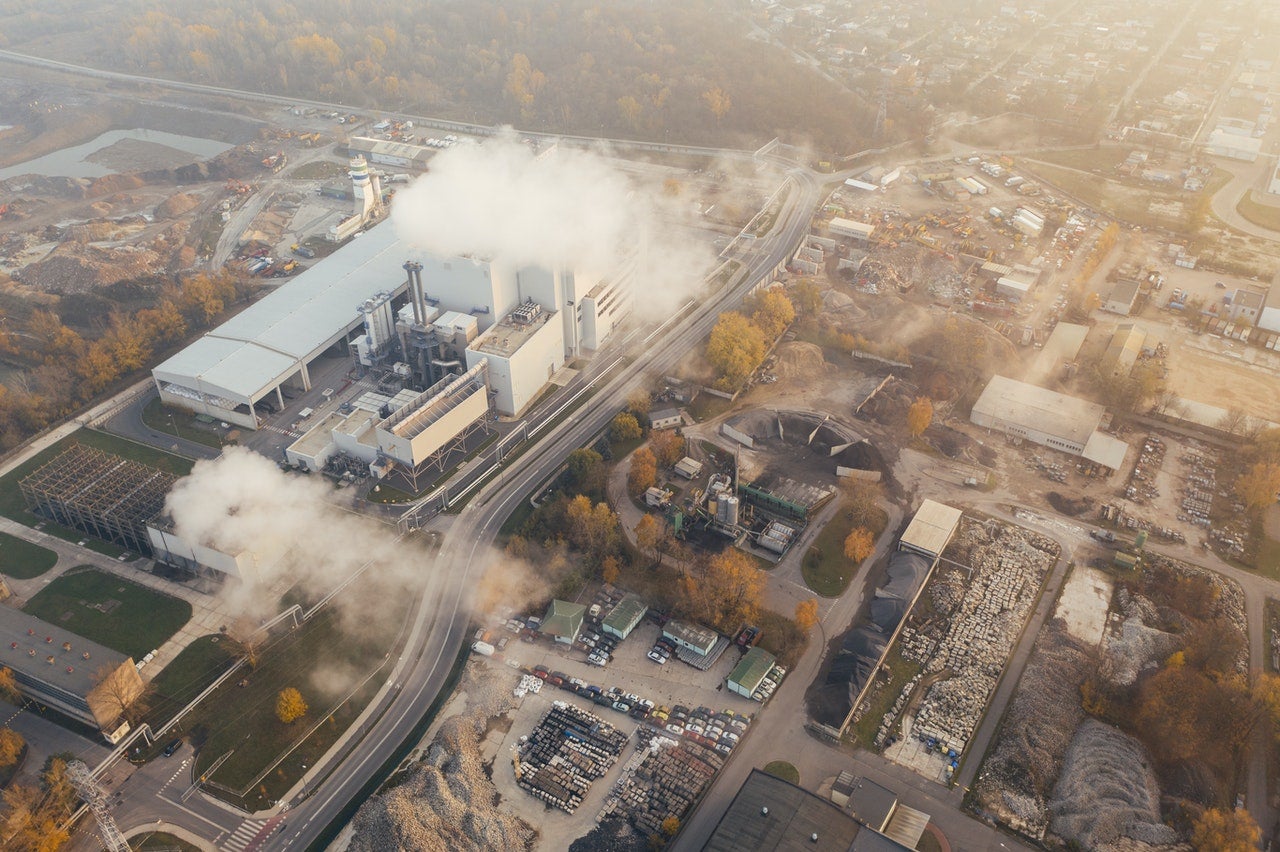To maximize climate and health benefits, our study found that the location where renewable energy is built in the United States is more important than the type of renewable energy placed there.
Key takeaways:
- Installing wind turbines in the Upper Midwest and solar power in the Great Lakes and Mid-Atlantic regions achieves the biggest improvements in public health and the greatest benefits from renewable energy.
- Renewable energy in most locations throughout the country is about as cost-effective at reducing carbon emissions as installing carbon capture and sequestration on a coal-fired power plant. Renewables become even more cost-effective when the health benefits are included.
- When considering strategies to reduce carbon emissions, it is extremely important to also think about the health benefits.
Building renewables in areas where it will displace coal, as well as near denser populations, will generate significantly more benefits than placing it in areas with natural gas and renewables already on the electricity grid. For instance, the benefits of installing renewable energy in the Great Lakes and Upper Midwest are four times higher than in places like California and the Southwest.
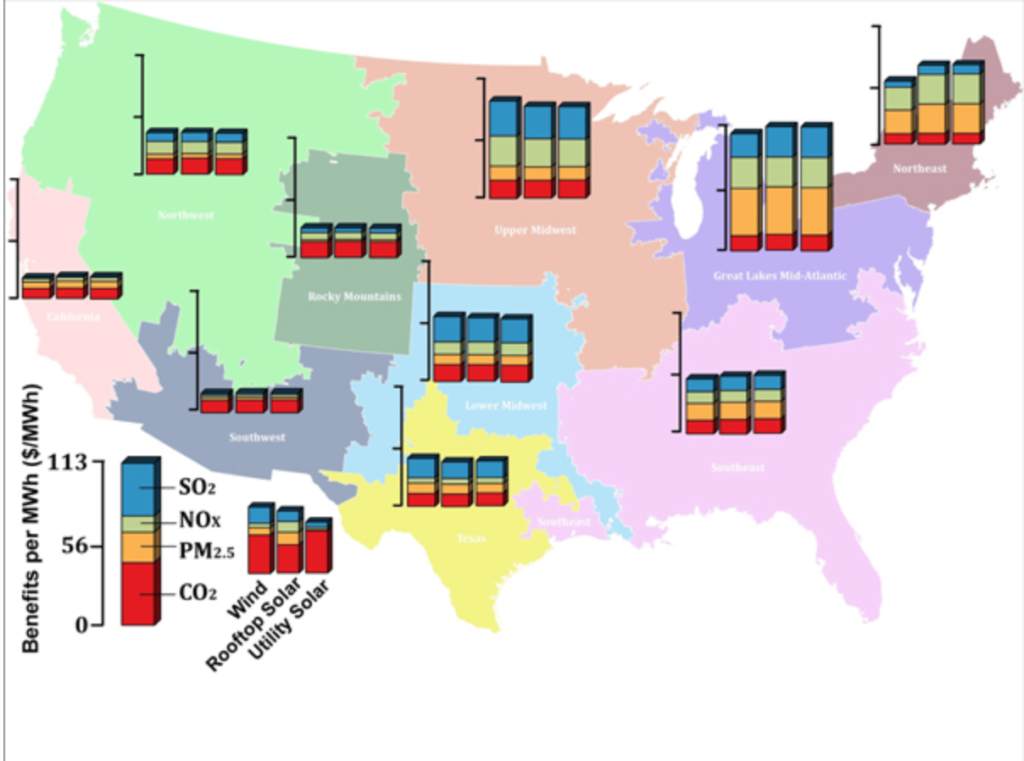
Health effects are a critical consideration when trying to maximize benefits from renewable energy. Burning fossil fuels releases carbon emissions and other pollutants, like sulfur dioxide, nitrogen oxides, and fine particulate matter, that are harmful to health. Improvements in air quality from reduced emissions can lead to reductions in premature death, stroke, asthma, and heart attacks.
“Our results provide a strong argument for installing more renewable energy to reduce the health impacts of climate change, and the health burden of air pollution. By tackling the root causes of climate change, we can address our nation’s most pressing health problems at the same time,” said Jonathan Buonocore, the lead author and a research associate at Harvard Chan C-CHANGE.
The authors hope the study can serve as a guide for state and national policymakers designing climate plans and for utility and investor decisions.
“Climate and health benefits of increasing renewable energy deployment in the United States,” Jonathan J. Buonocore, Ethan J. Hughes, Drew R. Michanowicz, Jinhyok Heo, Joseph G. Allen, Augusta Williams, Environmental Research Letters, October 29, 2019, doi.org/10.1088/1748-9326/ab49bc


